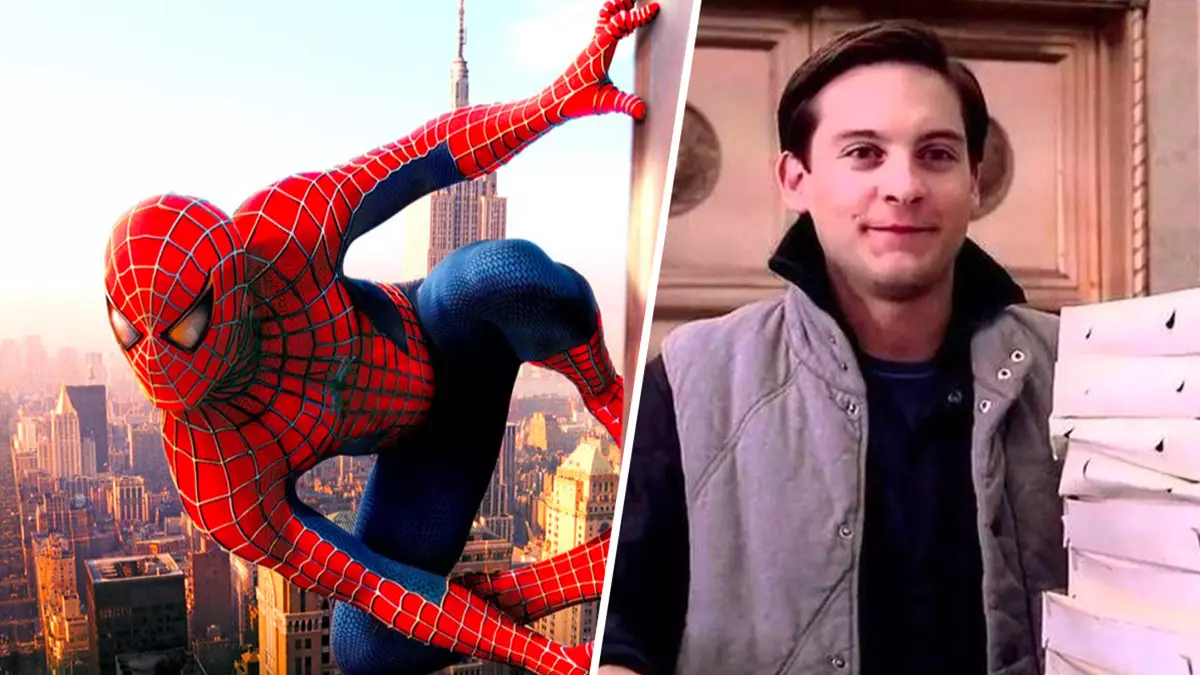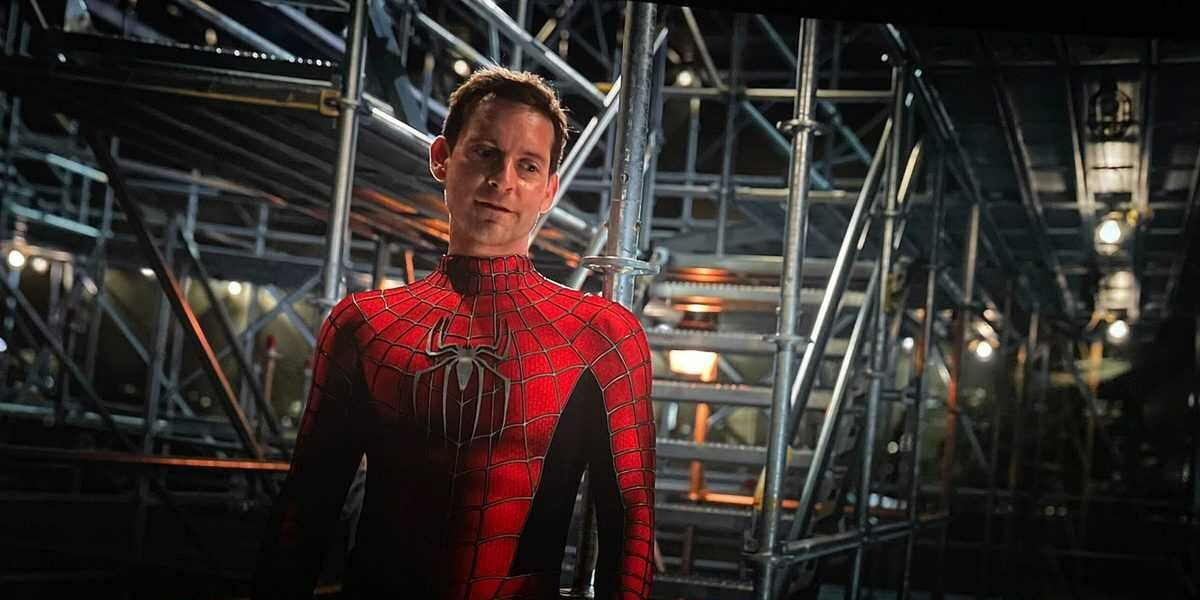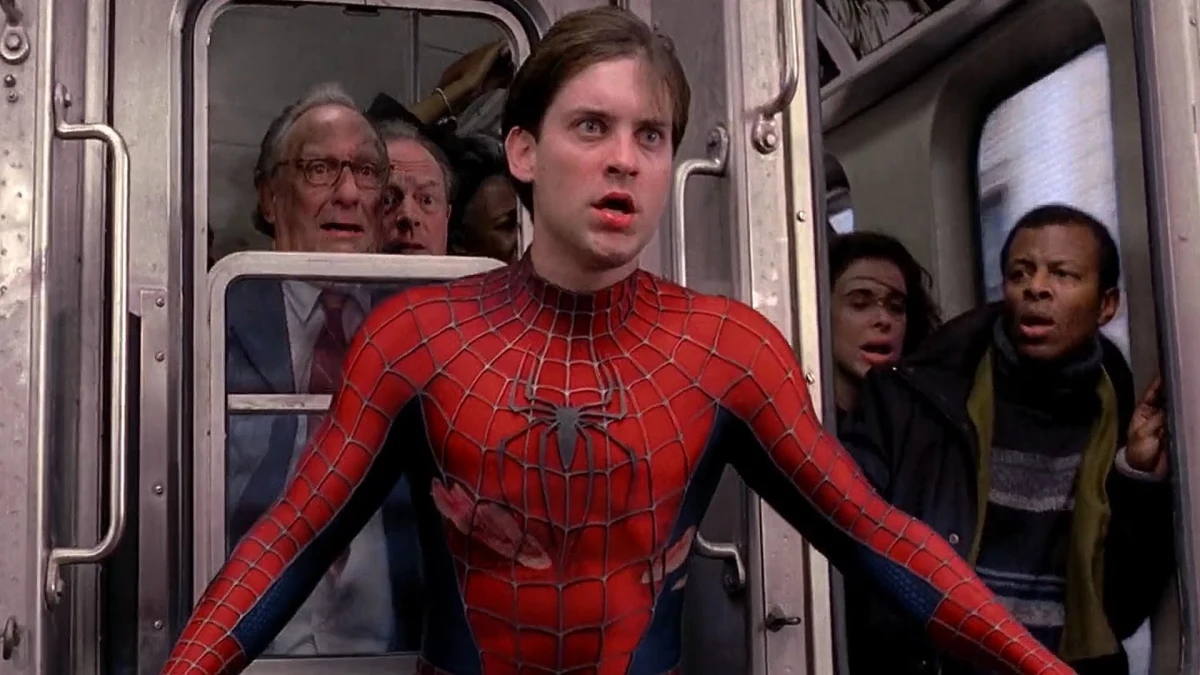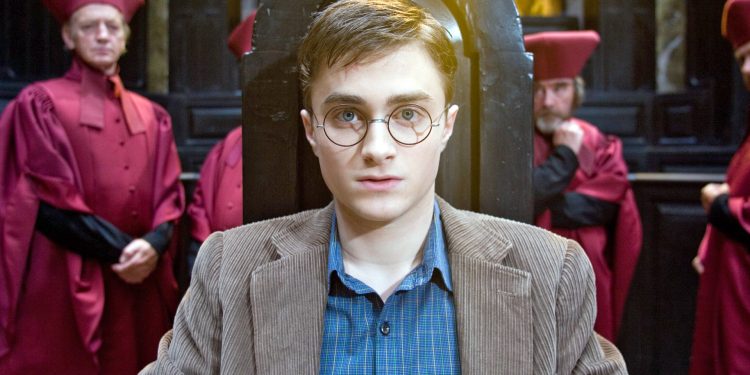In the landscape of early 2000s blockbuster cinema, two major franchises vied for audience attention and box office dollars. On one side, we had the web-slinging action of Tobey Maguire’s “Spider-Man 2,” and on the other, the magical allure of “Harry Potter and the Prisoner of Azkaban.” Despite the natural inclination to think these universes would never overlap, the box office told a different story—one of fierce competition and influential timing.

The Dueling Releases of Summer 2004
Directed by Sam Raimi, “Spider-Man 2” is often hailed as one of the best superhero movies of all time, known for its character-driven plot and the iconic train-stopping sequence. This film was not just a sequel; it was an event that redefined what superhero films could be. Released on June 30, 2004, it followed closely on the heels of “Harry Potter and the Prisoner of Azkaban,” which debuted on June 4, 2004. These back-to-back releases set the stage for a box office showdown.

Box Office Impact and Audience Choices
The timing of these releases played a crucial role in their box office performances. “Prisoner of Azkaban” had the unfortunate timing of releasing just two weeks after “Shrek 2” and three weeks before “Spider-Man 2.” This scheduling squeezed its potential to draw in audiences over a more extended period, as many moviegoers opted to experience the thrill of Maguire’s Spider-Man shortly after visiting the Hogwarts grounds.
It released 2 weeks after Shrek 2 and 3 weeks before Spider-Man 2. It definitely affected its legs.
It was dark and serious. The first 2 movies are fun and magical. Even during serious situations you know your beloved characters are going to be fine and nothing bad is gonna happen to them. Kids and family audience loved them. But in POA the things felt serious. You understand why Wizarding World fears Voldemort.

The Legacy and Future of the Franchises
Despite the initial box office clash, both films have left lasting impacts on their respective genres. “Spider-Man 2” is celebrated for its compelling narrative and emotional depth, proving that superhero movies can be about more than just action. On the other hand, “Prisoner of Azkaban” is often credited with maturing the Harry Potter series, setting the stage for the increasingly dark films that followed.
With Warner Bros. recently green-lighting a series reboot of the Harry Potter franchise, there may be a chance for “Prisoner of Azkaban” to be reevaluated by new and returning audiences alike, possibly gaining a different reception in today’s cinematic climate. Meanwhile, the legacy of Tobey Maguire’s Spider-Man continues to resonate, evidenced by the warm reception to his return in the MCU’s “Spider-Man: No Way Home.”
The early 2000s cinema was undoubtedly shaped by these titanic releases, each carving out its own legacy but forever intertwined by their close release dates and the dramatic duel for the summer box office crown.









